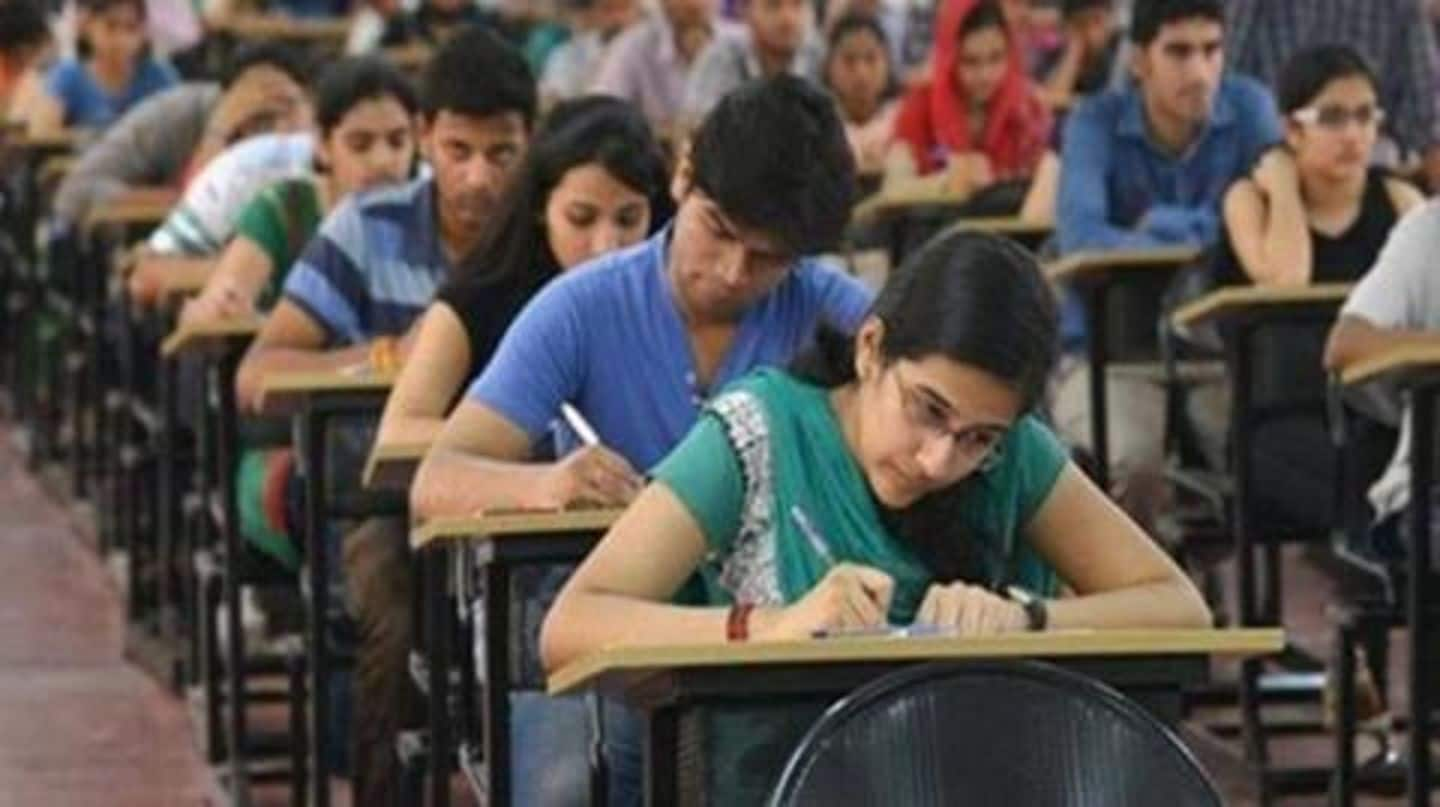
#CareerBytes: Tips for engineering students to prepare for UPSC exam
What's the story
The Civil services exam, commonly referred to as the IAS exam, is conducted by Union Public Service Commission (UPSC) each year.
Talking about engineering students preparing for IAS, managing UPSC preparation along with college is a challenging task.
However, with long-term planning, thorough preparation and strong determination, one can crack it.
Here are general tips for engineering students to crack the IAS exam.
Information
First things first, familiarize yourself with the IAS exam
To begin with, as an engineering student, you'll have to familiarize yourself with the IAS exam. For this, you need to understand the exam pattern, syllabus, go through previous years' and mock test papers. Additionally, acquaint yourself with the career prospects and job functions.
Start early, TT
Be an early bird; Frame a study timetable
Start early: As is common knowledge, the criteria for appearing for IAS exam is graduation in any subject. So, start preparing while you're still in college to improve your chances of cracking the exam after completing your bachelor's degree.
Timetable: Don't rely on last-minute preparations. Analyze the syllabus well in advance, and formulate a study timetable which suits you. Above all, stick to it.
Do you know?
Making notes while studying can help
Thorough self-study is the key to cracking the exam, and while you're at it- make sure to prepare notes. It'll help you grasp the concepts better, and will also come handy at the time of your revision.
Current affairs
Stay well updated with current affairs
In addition to other subjects, staying updated with current affairs is crucial to your preparation.
So, develop the habit of reading newspapers and magazines, on a daily basis, to be aware of what's happening across India as well as the world.
Make sure to read a number of English and regional language newspapers.
This will give you comprehensive knowledge, and also improve your vocabulary.
Past papers
Attempt past years' papers
Thoroughly practise past years' papers to get a fair idea of question framing, difficulty levels, time management, and other factors.
This will give you an added advantage, as you'll be able to constantly monitor your progress, analyze it, and improve in areas where you might be lacking.
Further, being familiar with papers will help brush off exam anxiety, and improve your confidence level.
Personality
Don't forget to work on your communication skills
Physical Interview is one of the most important aspects of the IAS exam.
The interviewers will judge you, based on not just your knowledge, but also the way you carry yourself and convey your thoughts.
So, it becomes vital to devote apt amount of time to focus on improving your body language, and enhancing your communication skills.
All the best!